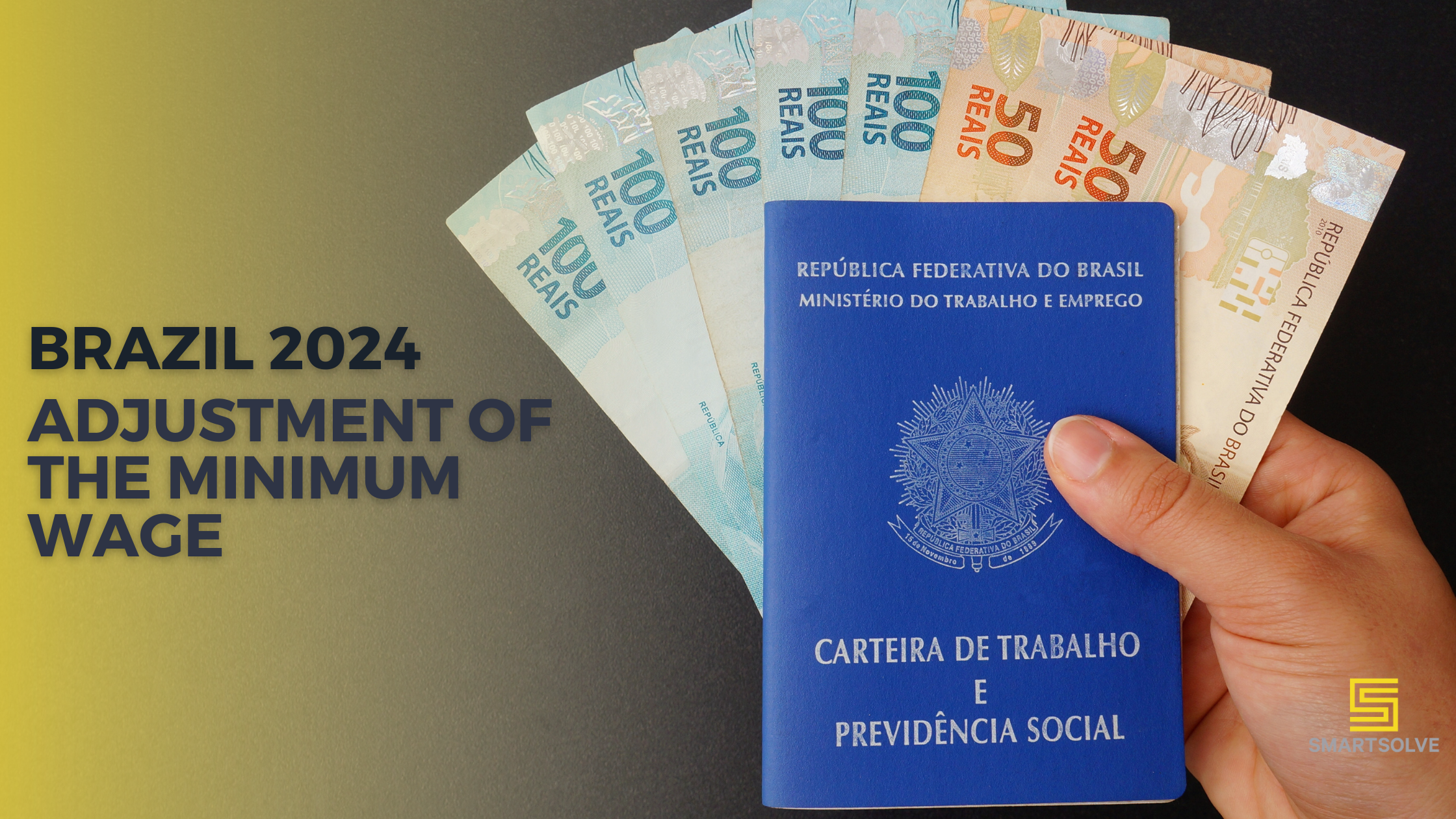The adjustment of the minimum wage in Brazil to R$ 1,412.00, starting in January 2024, marks a significant milestone in the economy, bringing with it a range of implications for various sectors. An immediate consequence of this increase is the change in the INSS Pro-Labore contribution, which now rises to R$ 155.32, reflecting the new wage base. This adjustment directly affects entrepreneurs and company partners who contribute to the INSS through Pro-Labore, a mechanism for those who do not receive a traditional salary but are compensated for business management.
Furthermore, Microentrepreneurs (MEI) face adjustments in the amounts collected by the Simple National Collection Document (DAS). This readjustment is a direct result of the change in the minimum wage, significantly impacting the financial routine of these entrepreneurs. It is crucial to highlight the importance of MEIs in the Brazilian economy, as they represent a significant portion of entrepreneurship in the country.
These changes are not just numbers on paper; they have real-life implications for workers and entrepreneurs. For entrepreneurs, especially, this increase in the INSS Pro-Labore requires more detailed financial planning and a review of operational expenses. For MEIs, understanding how this increase in the DAS affects their tax burden and financial planning is essential.
Esses ajustes refletem o esforço contínuo do governo em equilibrar as necessidades econômicas do país, buscando beneficiar os trabalhadores com um aumento de salário, ao mesmo tempo em que impõe novos desafios financeiros para os empresários. O aumento do salário mínimo é, portanto, uma medida que visa melhorar o poder aquisitivo dos trabalhadores, mas que também demanda atenção e adaptação por parte dos empreendedores.
Em resumo, o aumento do salário mínimo para R$ 1.412,00 em janeiro de 2024 é um evento econômico importante, com implicações profundas para a sociedade brasileira. Ajustes no valor do INSS Pro-Labore e nos valores do DAS dos MEI são aspectos críticos que requerem atenção e planejamento adequado por parte de todos os envolvidos. Estas mudanças são indicativas dos desafios e das oportunidades que a economia brasileira enfrenta em seu caminho para um desenvolvimento mais equilibrado e sustentável.
(ARAUJO, Robson. Brazil 2024: Adjustment of the minimum wage))











